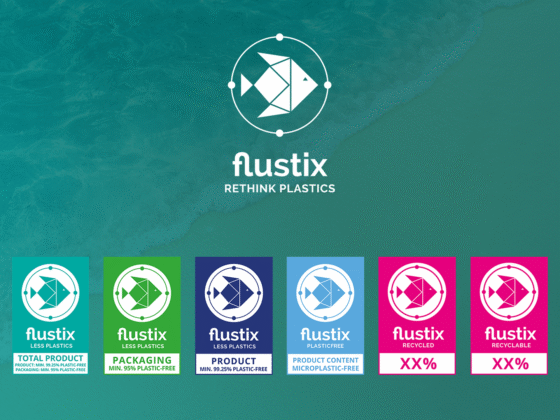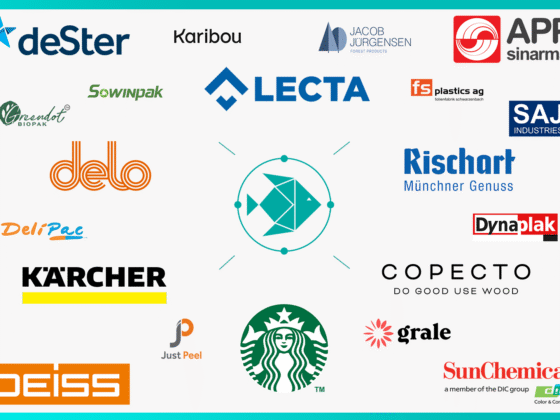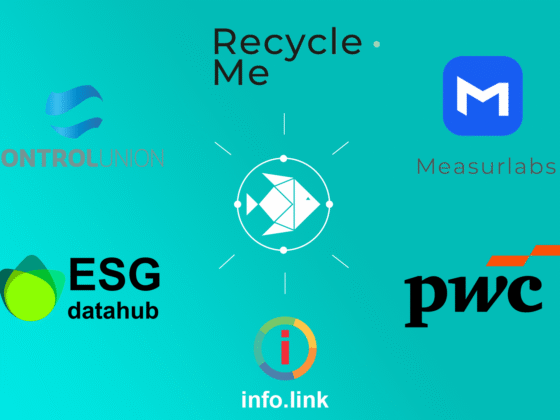ATTITUDE WITH BISS
At the start of the new mandatory reusable offer for food and beverage containers, we have to state after a few days: The thing runs sluggishly. The efforts of most catering establishments to get the cycle going are limited. Consumer demand seems to be low at the moment. No wonder, who would buy a coffee in a reusable cup at Hamburg’s main train station only to find that they can’t return it a few hours later in Munich. You can read the flustix report on this topic here. The conclusion I reveal in advance: This is a right and important step, but there are still a long way to go.
In the new year, we expect further important innovations. We have already reported frequently on the new Green Claiming Regulation, which is intended to regulate the proliferation of ecological slogans (“Sustainable! Climate positive! Microplastic-free formula!”) (you can find the latest status on this here). What’s also coming in 2023 is a right-to-repair law. As a trained toolmaker and circular economy fetishist, I welcome this development. It is a sin when goods are simply thrown away because of a small quirk or a lavishly produced smartphone ends up in the trash because there is no economically viable way to replace a battery or display.
However, it is already becoming apparent how some large corporations want to cleverly, even brazenly, circumvent the future law. Apple delivers a particularly abstruse farce in this regard. Last year, the U.S. company quietly set up a self-service repair store for the European market. There, original parts can be ordered, repair manuals can be read and the necessary tools can be borrowed.
And now it gets absurd. Those who borrow tools for an iPhone repair, pay not only a rental fee of 59.95 euros but also a deposit for the tool: “In the amount of the full replacement value of the tools included.” This replacement value lies in the four-digit range: 1,200 dollars is what Apple secures in the U.S. as an authorization amount on the credit card.
For this purpose, logistics service provider UPS brings two toolboxes into the house that are filled to the brim with special tools. Stacked on top of each other, the boxes are 1.20 meters high and weigh impressive 36 kilograms. To make it possible to move the parts at all, Apple has equipped them with wheels. Mind you – with the tools in these mobile cabinets, anyone is supposed to be able to repair an iPhone (15 x 7 centimeters, 200 grams). Even I, a trained precision mechanic, imagine it actually challenging.
But that’s not all, if you want to fix it, please make it snappy: and remember to return the cases within seven days – otherwise the authorization amount will be debited, and you become a proud owner of, I think, fine tools. I don’t know exactly what tools are in these cases. But I’m afraid: For my home workshop in the garage I can not use too much of it every day, because I suspect no cordless screwdriver, ratchet box or even a chainsaw in it.
Of course: Apple will point to having already implemented the upcoming EU right to repair before it comes into effect. Congratulations. This is not practical – I even think it’s cheeky to pass the responsibility on to the consumers, create additional transport costs and emissions for a 36-kilo tool tower, just so Apple can avoid the responsibility to build up a worldwide repair logistics instead of continuing to push throwaway products into the market. It’s precisely through such rogue pieces that consumers are coerced into not choosing a repair over a new purchase. It almost seems as if the corporation wants to show off to the EU: What you’re planning there makes no sense.
From now on, we are all challenged: Pay close attention to how the corporations implement the new regulations. Because: in the meantime, everyone will develop a sense of who is serious about sustainability and who is just out there to squeeze the lemon even further. Stay mindful!
P.s.: Fortunately, there are good iPhone doctors in many places of Berlin!
Sincerely,
Malte Biss
 English
English Deutsch
Deutsch




